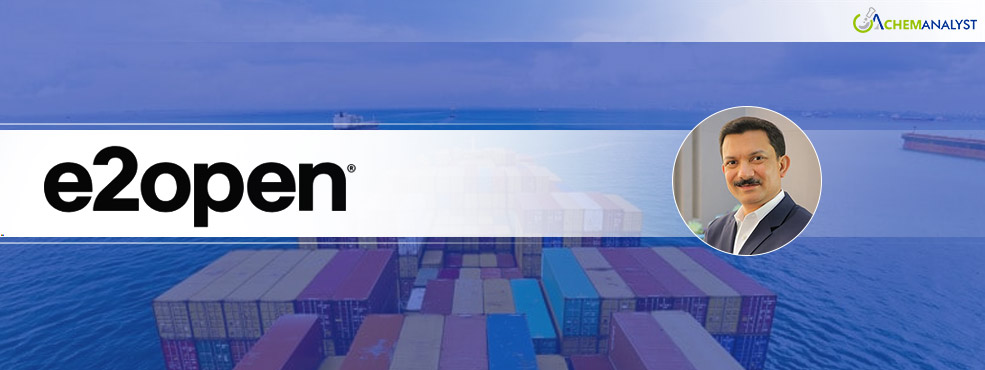Welcome To ChemAnalyst

E2open Parent Holdings, Inc., a leading connected supply chain SaaS platform, has released its latest quarterly “Ocean Shipping Index”, which tracks global ocean shipment metrics. The report reveals a substantial year-over-year (YoY) rise in global shipment durations. Average shipment times climbed from 58 days in Q3 2023 to 68 days in Q3 2024, with a two-day increase since Q2 2024. The primary factor behind this YoY increase is the extension in actual transit time by six days, largely driven by geopolitical tensions and congestion at key ports.
The “Ocean Shipping Index” serves as a critical tool for shippers, offering data-backed insights to help them navigate the evolving factors contributing to shipment delays. With data drawn from E2open’s expansive network of over 480,000 connected enterprises, which processes billions of transactions and oversees more than 70 million containers yearly, the Index provides real-time, granular insights—down to specific booking dates—enabling shippers to make proactive, optimal decisions.
According to Pawan Joshi, EVP of products and strategy at E2open, “The latest Index highlights the cumulative impact of ongoing conflicts like Red Sea attacks and short-term disruptions, including severe weather and potential labor strikes.” Joshi noted that while some disruptions are temporary, their effects on global supply chains can persist, creating ripples felt long after the events themselves. He emphasized that in such a volatile environment, data-driven strategies are indispensable for shippers and carriers to mitigate the risks associated with prolonged transit times.
The Q3 2024 Ocean Shipping Index report emphasizes several key insights:
• Asia to Europe Route: Shipment durations rose dramatically by 18 days compared to Q3 2023, reaching an average of 80 days from initial booking to final gate clearance. The most significant factors behind this increase were a five-day rise in booking time and a 13-day increase in transit time.
• Europe to Asia Route: Average shipment times reached 83 days, a YoY increase of 12 days, primarily driven by a nine-day longer transit period.
• Asia to South America Route: Similar to Europe-Asia routes, average durations were up by 12 days year-over-year, reaching 83 days.
• South America to North America Route: Transit times averaged 63 days, showing a seven-day increase since last quarter and a 12-day YoY rise, mainly due to delays in booking, origin port loading, and transit times.
• South America to Asia Route: Shipment durations saw a 12-day YoY increase, averaging 87 days, with prolonged booking, loading, and transit times as primary causes.
Overall, the global average shipment duration from booking to final port gate clearance reached 68 days in Q3 2024, marking an increase of two days since Q2 2024 and 10 days YoY.
We use cookies to deliver the best possible experience on our website. To learn more, visit our Privacy Policy. By continuing to use this site or by closing this box, you consent to our use of cookies. More info.
